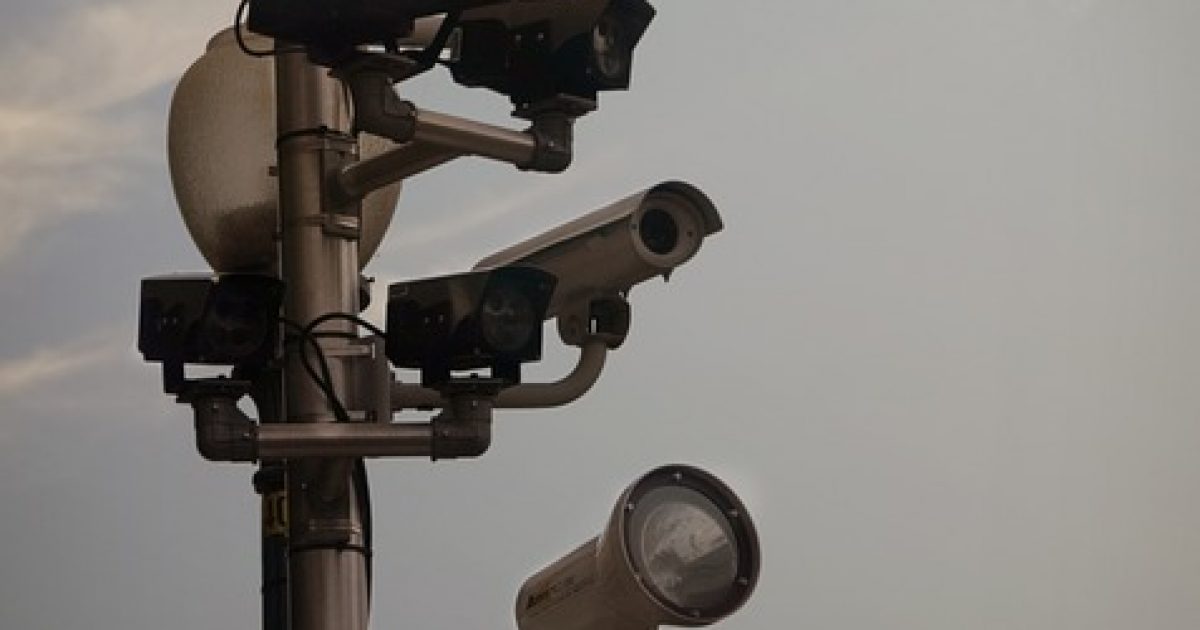
According to a Reason report, the FBI admits that it has a database of 36 million entries of mugshots. This database, the Intestate Photo System, functions as a form of facial recognition technology that the FBI uses to go through photos during investigations.
Further, Gretta Goodwin, a director at the Government Accountability Office (GAO), recently informed the House Oversight and Government Reform Committee that the FBI can scan approximately 640 million pictures. Not only does this include mugshots, but it also has driver’s licenses and passport photos on file.
The Associated Press reported:
Taking into account the bureau contracts providing access to driver’s licenses in 21 states, and its use of photos and other databases, the FBI has access to about 640 million photographs, Goodwin told lawmakers at the House oversight committee hearing.
Given the FBI’s involvement in the whole “Russia collusion” drama, the agency has been placed under great scrutiny.
The FBI Deputy Assistant Director, Kimberly Del Greco, tried to alleviate concerns about the FBI’s facial recognition technology:
Kimberly Del Greco, a deputy assistant director at the FBI, said the bureau has strict policies for using facial recognition. She said it is used only when there is an active FBI investigation or an assessment, which can precede a formal investigation. When using the state databases, the FBI submits a so-called “probe photo” and then states conduct a search to yield a list of potential candidates to be reviewed by trained federal agents.
Del Greco argued that “Facial recognition is a tool that, if used properly, can greatly enhance law enforcement capabilities and protect public safety.”
San Francisco’s board of supervisors banned law enforcement from using facial recognition technology in May. Ronald made an interesting point:
We know that government agencies have and still do rifle largely unhindered through private communications databases at will. Perhaps federal espionage and law enforcement agencies will be more punctilious about observing our constitutional right to privacy with respect to this emerging surveillance technology, but I wouldn’t count on it.
Reports indicate that a bipartisan group of elected officials in Congress have come together to draft legislation, which could include a moratorium, to regulate law enforcement’s use of facial recognition.
In light of the FBI’s increasingly questionable practices, this facial recognition program presents a perfect opportunity for liberty conservatives to position themselves as champions of civil liberties.
Legislative action will need to be taken to curb the use of domestic spying. If Congress won’t do it, states and municipalities will lead the charge.



